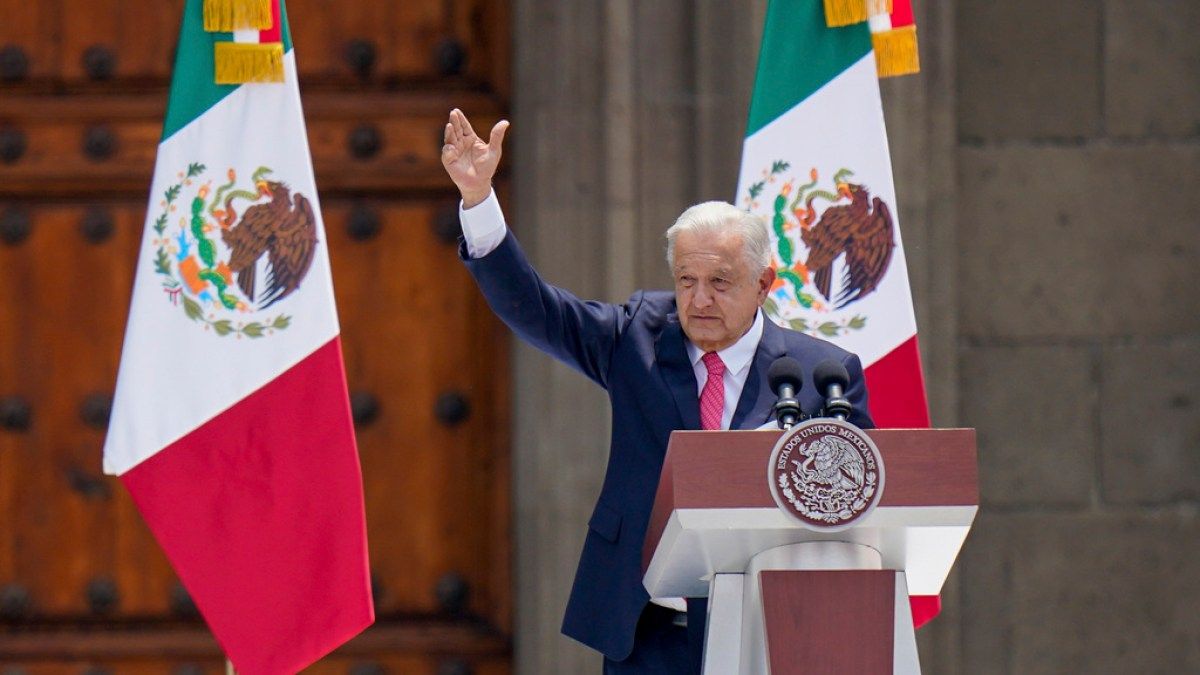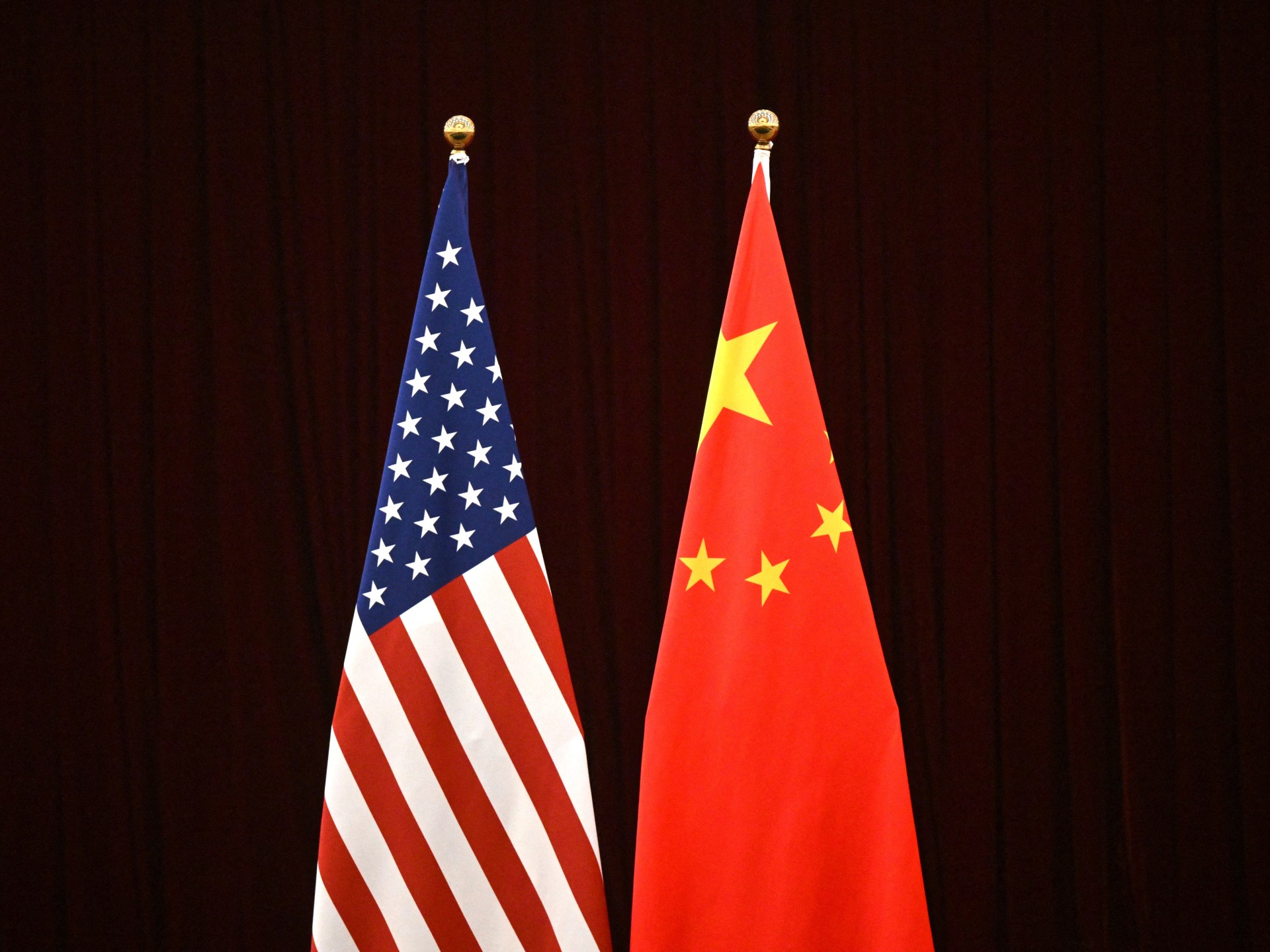Mexican President Andrés Manuel López Obrador defended his legacy in his final state of the nation address, an annual report on his government, a month before he leaves office and is replaced by close ally Claudia Sheinbaum.
After speaking for two hours in Mexico City's sprawling Zócalo square, López Obrador said goodbye to his enthusiastic supporters on Sunday as he seeks to push through a major overhaul of the country's courts.
Despite the controversial initiative, which critics say would weaken the judiciary, the Mexican president continues to enjoy a 73 percent approval rating as his six-year term draws to a close.
“We are living in a true democracy, building a new homeland” and “laying the foundations to begin a new era,” he said in his speech.
Thousands of supporters of López Obrador, widely known by his initials AMLO, filled the plaza, which was filled with a festive atmosphere.
“I came because it is the farewell of one of the most historic presidents of the country,” José Luis Díaz, a 39-year-old businessman, told the AFP news agency. “We will not see another president like him in 100 years.”
The presidential address is an annual review of government progress in Mexico, similar to the president's State of the Union address in the United States.
On October 1, López Obrador will hand over power to a colleague from his Morena party, Sheinbaum, who was elected in June to be the country's first female president.
Presidents in Mexico are limited to a single six-year term, so López Obrador would not be able to seek re-election.
Sheinbaum will also inherit a package of constitutional reforms initiated under López Obrador, including the judicial reform plan that opponents see as a worryingly autocratic move by the ruling party.
At the heart of the proposal is a plan to elect federal judges, including those appointed to the Supreme Court, by popular vote. López Obrador has said the change is necessary to root out corruption.
But critics say the plan will compromise the independence of the judiciary. Last week, judicial workers, including judges, went on strike to protest against the plan.
Earlier this month, U.S. Ambassador to Mexico Ken Salazar warned that proposed judicial changes – including making judges subject to elections – could threaten “the historic trade relationship” between the two countries.
The United States is Mexico's main trading partner.
“Democracies cannot function without a strong, independent and non-corrupt judiciary,” Salazar told reporters, prompting a forceful response from López Obrador.
The Mexican president called the criticism “a lack of respect for Mexico’s national sovereignty.”
Currently, federal judges in Mexico are chosen through an evaluation process, including exams, overseen by a judicial council.
Supreme Court justices are nominated by the president and confirmed by the Senate.
On Sunday, López Obrador defended the judicial reform plan, saying it would ensure judges are “at the service of the people” and suggesting it would limit criminal influence in the courts.
Reporting from Mexico City, Al Jazeera's John Holman said Lopez Obrador listed his achievements during his speech, focusing on his efforts to combat poverty in Mexico.
“I think both critics and supporters would support that idea – that he has reduced the number of poor through direct credit transfers, a series of social programs, pensions for the elderly and subsidies for school and university for young people,” Holman said.
He added that López Obrador also talked about eradicating corruption in Mexico, but “there is much less evidence of that.”
Not that that mattered to López Obrador's supporters: On Sunday, the most-seen signs in the Zócalo Square were those that simply said: “Thank you.”












